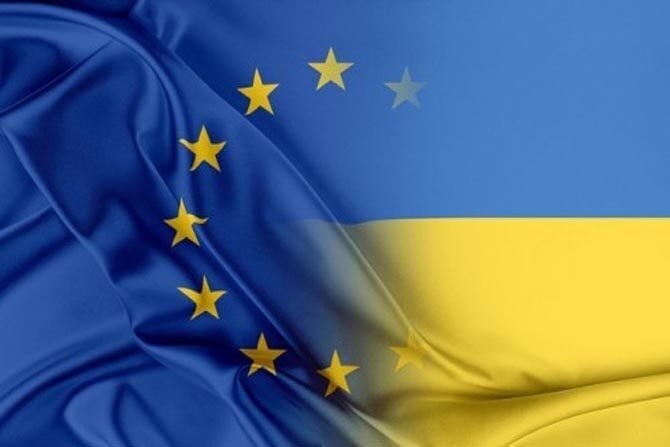By starting a war against Ukraine, Russia was clearly going to create a migration crisis in Europe as well. Contrary to the Kremlin’s expectations, European countries showed solidarity with Ukraine and organization, accepting millions of refugees from our country. According to various estimates, this is 5-7 million people.
Some countries for more than half a year of the war have revised the conditions for Ukrainians, while others are just beginning to allocate assistance to refugees.
In Europe, there were not many polls that find out the attitude towards Ukrainian refugees. But all that exist show the high support of our citizens. They are considered culturally close, they sympathize and try to help. Even after months of war.
“During these 6 months, Lithuanians have rediscovered Ukraine and its people. Ukrainians in Lithuania are perceived as invincible and worthy of the greatest respect. Mindaugas Jonušas , head of the Lithuanian volunteer organization VŠĮ BONITATEM, which helps Ukrainians adapt to the country. According to him, the resilience of the Ukrainians during the invasion of the enemy still amazes the Europeans, and they continue to support our country.
So far, no European country has officially announced that it either stops accepting Ukrainians or drastically reduces assistance. In different countries, some options are canceled for Ukrainians, or new ones are introduced.
Even today, there is practically no “unlimited” free travel in Europe for Ukrainians: earlier they could move freely between countries simply by showing a passport of a citizen of Ukraine. So Ukrainians could travel from Poland to Germany for free, from France to Spain.
Now you can ride trains and other transport for free in some cases. In Italy, this can be done, if only you get to the place where you are going to live. You can now get a free ticket for trains in Hungary at the box office only in some places and only in some directions.
But the main change in the support of Ukrainians in Europe in recent months is that they are gradually trying to stimulate refugees to find work and go on “self-sufficiency”. Poland was one of the first to do this: they reduced payments to Poles for the accommodation of Ukrainians, canceled free travel, leaving guaranteed assistance only to the most vulnerable categories. They are motivated by the fact that Ukrainians need to integrate into Polish society and look for work.
Germany hopes that qualified Ukrainians will improve the situation on the local labor market by finding work there. According to a survey by the Munich think-tank IFO Institute for Economic Research, 40% of German HR managers believe that skilled workers from Ukraine can find work in German companies. True, the language barrier can prevent this – 86% of respondents called it the main problem.
A record number of refugees from Ukraine found work in Britain – 42%. This is almost the highest figure in Europe. Although the majority does not work in their specialty: Ukrainian teachers wash dishes, and engineers clean hotel rooms. Because of this, local activists began to demand from the British government that they take into account the qualifications of Ukrainians.
“It’s funny when you have a shortage of dentists in your country, you can have a qualified dentist, and at that time he puts the goods on the shelves,” says Andy Hewitt , head of the committee for the protection of the interests of Ukrainians .
More and more EU countries say that there are much fewer places to accommodate Ukrainians. In early September, 12 of Germany’s 16 federal states announced they would stop accepting new refugees because there simply wasn’t room for them. In total, since February 24, almost a million Ukrainians have asked for temporary asylum in Germany.
But Ukrainians can still move to Germany and enjoy the already familiar benefits – look for work, use free healthcare, and children can study at local schools. Unemployment payments for Ukrainians in Germany will increase from January 1 next year : the amount of payments for single adults or single parents will increase the most to 502 euros (now – 449 euros). Other categories of the population will also receive allowances.
There are countries that have begun to provide financial support to Ukrainians relatively recently. One of these is Spain. Although more than 140 thousand Ukrainians have already been accepted there since the beginning of the full-scale war, the monthly payments to refugees in Spain were approved only in August: they will receive 400 euros per month from the government. They will also pay 100 euros for minor children. And Ukrainians were given housing, free healthcare and the right to work in Spain six months ago.
One of the longstanding problems that Spain is facing is that the population is rapidly leaving the villages for the big cities. As it turned out, now in Spain they hope that the arrival of Ukrainians will breathe life into the deserted regions. They even say in the country that this is a chance for the survival of many villages. The fact is that in Spain about 70% of the territories are literally empty: 90% of the country’s population lives only in a third of the territory along the coast, and only 10% in other parts where there is no access to the sea. And from villages and small towns they go to big ones.

